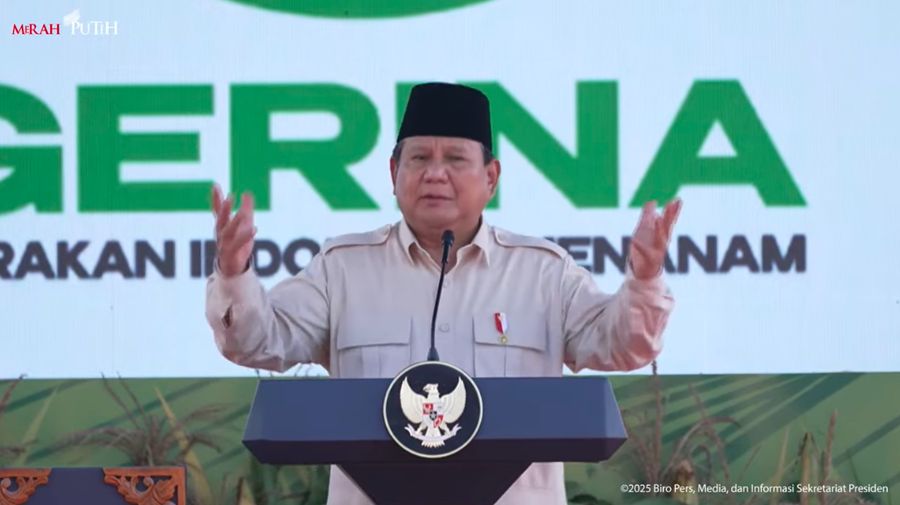Indonesia Opens Rice Exports: Presidential Response to Global Food Crisis
In response to the global rice shortage, Indonesia’s President has authorized controlled rice exports to support international food security while safeguarding domestic supply. This blog explores the impact, opportunities, and risks of this bold policy shift.
Admin
4/3/20252 min read


Indonesia Opens Rice Export Amid Global Shortage: President's Bold Move Sparks Dialogue
In the midst of a worsening global rice crisis, President of Indonesia has taken a strategic step by opening the door for rice exports — a move that has gained both praise and scrutiny from economists, farmers, and international trade analysts.
While Indonesia has historically prioritized domestic food security, the current global context calls for a more balanced approach between self-sufficiency and economic opportunity.
Why Now? Understanding the Global Rice Landscape
The world is facing a significant rice shortage due to:
Climate change affecting yields in major producing countries
Export restrictions from countries like India
Increased demand and stockpiling from importing nations
Rising food inflation globally
In this context, Indonesia’s stable production in certain regions provides an opportunity to support global supply chains, especially for neighboring countries in Asia and Africa.
President's Announcement: A Shift in Policy
The President’s statement highlights the government’s confidence in national rice reserves and production forecasts. By allowing controlled exports, Indonesia aims to:
Strengthen its role in regional food security
Support local farmers with better pricing opportunities
Boost foreign exchange earnings (DHE) from agricultural exports
Balance domestic stock while taking part in global relief efforts
The policy is expected to be implemented with tight regulation to ensure local availability remains a top priority.
Impact on Farmers and the Agriculture Sector
This policy could bring positive impacts to rice farmers, especially those producing premium varieties suitable for international markets. Export access may encourage:
Better farming practices and investment in quality
Increased income for rural communities
Growth in agri-export infrastructure
However, there is also a need for clear coordination between the Ministry of Agriculture, Bulog, and private exporters to maintain supply balance.
How the Global Market Responds
Indonesia’s entry into the export scene comes at a critical time. Importing nations with urgent needs may benefit from Indonesia's strategic geographical location and competitive prices. Regional cooperation in ASEAN could also be strengthened through this move.
Conclusion
Indonesia’s decision to allow rice exports is more than an economic strategy — it is a response to a global humanitarian issue. As climate and supply challenges continue, countries like Indonesia have the chance to play a larger role in ensuring food security beyond their borders, while maintaining responsibility to domestic needs.



